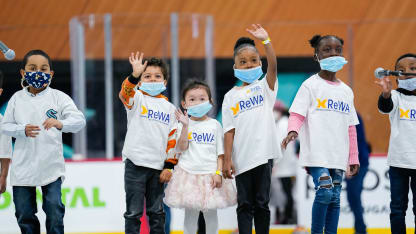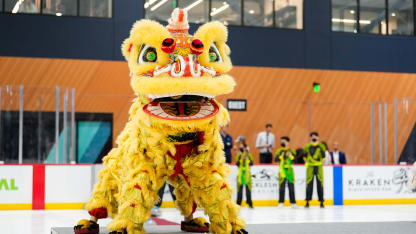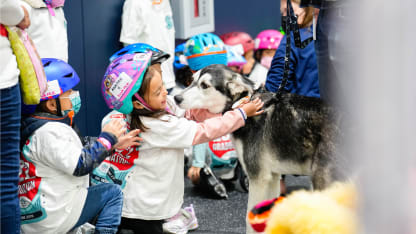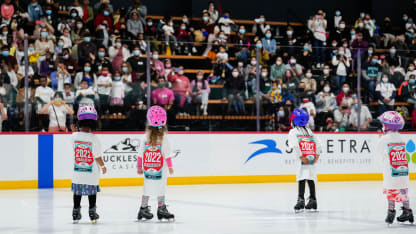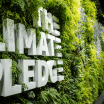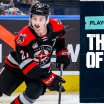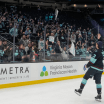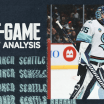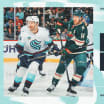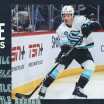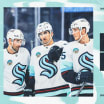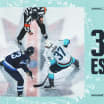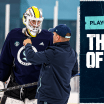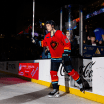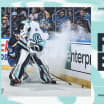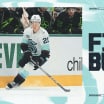The cheerful din at the NHL team's practice rink at Kraken Community Iceplex started long before gaggles of pre-kindergarten children, ages 3 to 5, skated and sang and stomped and waved from the ice to family members and dignitaries in the 1,000-seat stands during a "Moving Up Celebration" staged by ReWA (Refugee Women's Alliance). The kids were excited, moms and dads beaming, siblings on hand to cheer sisters and brothers.
Holding graduation for ReWA classes from Lake City, Rainer Beach and Beacon Hill was fitting, since 58 students from selected classrooms in the three locations participated in a 32-week learn-to-skate program created by an alliance among ReWA and One Roof Foundation, the philanthropic arm of the Seattle Kraken and Climate Pledge Arena.
From Start to Strong Finish
Three classes from Refugee Women's Alliance began learning to skate at Kraken Community Iceplex in October. This week, the 3- to 5-year-old skaters graduated and celebrated
